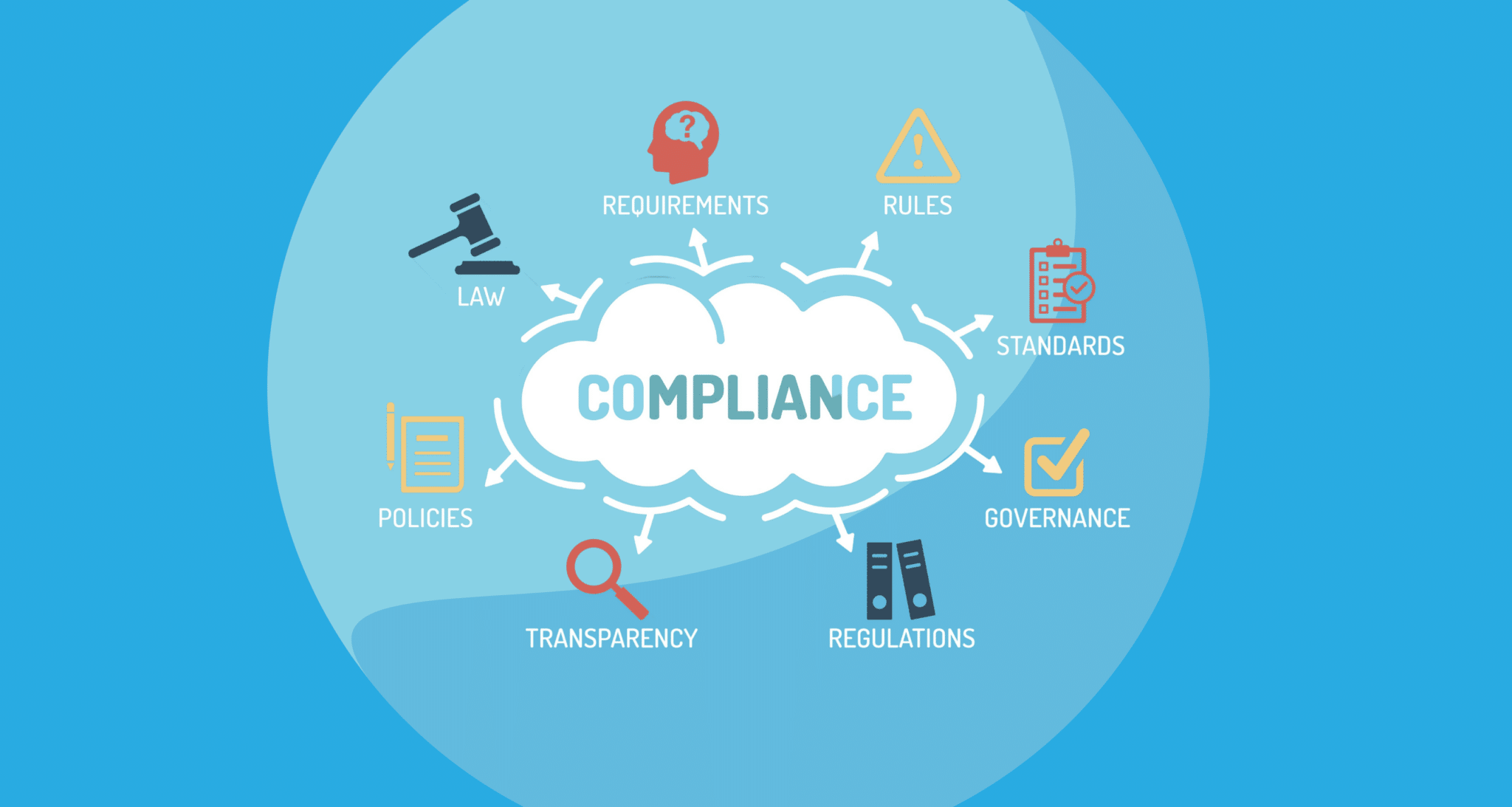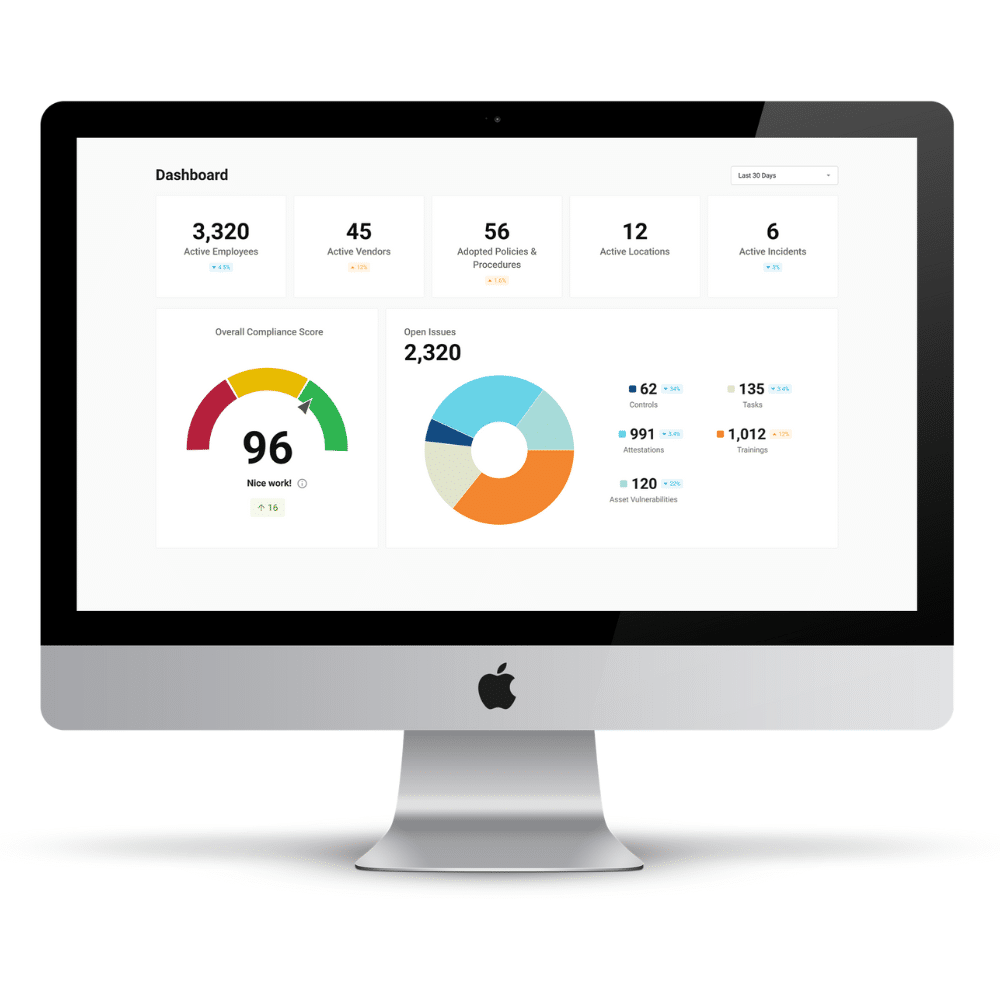Corporate compliance has become crucial in the dynamic healthcare industry to uphold ethical practices and preserve public trust. With increasing regulatory scrutiny, organizations strive to establish effective corporate compliance programs in healthcare facilities. Let’s analyze and examine the importance of corporate compliance in healthcare organizations, and investigate the essential components that enhance the effectiveness of such programs.
Unlocking the Key Elements to Building a Powerful Corporate Compliance Program
Healthcare organizations operate within a complex web of regulations and legal frameworks. Adhering to these requirements and regulations is crucial not only to avoid hefty penalties but also to uphold patient safety and quality care.
A robust corporate compliance program ensures that all employees understand their responsibilities and act within the boundaries set by the law. Moreover, it helps prevent fraud, abuse, and other unethical activities that harm patients or compromise the organization’s integrity.
The key elements to building an effective corporate compliance program in healthcare are as follows.
1. Leadership Commitment
A successful corporate compliance program begins with a strong commitment from leadership. The board members, executives, and senior management must demonstrate unwavering dedication toward ethical conduct and accountability. By setting clear expectations and leading by example, they create a culture where compliance is valued at all levels.
2. Written Policies & Procedures
A comprehensive set of written policies and procedures should be established to guide employees’ behavior. These documents serve as a roadmap for navigating complex regulations while clarifying acceptable organizational practices. Regular review and updates are essential to align with evolving legal requirements.
3. Training & Education
Ensuring employees receive adequate training on corporate compliance in healthcare is vital for success.
Educational programs should cover topics such as:
- Fraud Prevention
- Privacy Protection
- Conflict of Interest
- HIPAA Regulations
This can also apply to other relevant areas specific to healthcare settings. Continuous education empowers staff members to make informed decisions while reducing the risk of non-compliance.
4. Internal Monitoring & Auditing
Ongoing monitoring and auditing are crucial components of a corporate compliance program. Regular internal reviews help identify potential areas of risk, detect non-compliance, and enable timely corrective actions. Organizations can proactively analyze patterns and trends by utilizing data analytics tools to mitigate risks effectively.
5. Reporting Mechanisms for Compliance Concerns
Establishing a safe and confidential reporting mechanism encourages employees to voice concerns without fear or retaliation. An effective corporate compliance program in healthcare facilities must offer multiple channels for reporting, such as hotlines or anonymous online platforms. Timely investigations into reported concerns allow the organization to address issues promptly, reinforcing its commitment to ethical practices.
6. Response & Reinforcement
A well-defined process for responding to compliance violations is critical in maintaining an effective program.
Organizations should have clear protocols outlining:
- Investigation Procedures
- Disciplinary Actions
- Remediation Plans
Consistent enforcement demonstrates that non-compliance will not be tolerated while fostering a culture of integrity.
7. Continuous Improvement
Corporate compliance programs should evolve along with regulatory changes and emerging risks in the healthcare industry. Ongoing evaluation through self-assessments, external audits, and benchmarking against best practices helps identify areas for improvement. By actively seeking feedback from stakeholders, organizations can adapt their compliance strategies to stay ahead of potential challenges.
Effective Corporate Compliance Program in Healthcare Facilities
Corporate compliance in healthcare organizations plays a central role in ensuring patient safety and upholding ethical standards. With an effective corporate compliance program, transparency is enhanced, fraud is reduced, and trust is built with patients and regulatory bodies alike. The commitment from leadership sets the tone for ethical conduct throughout the organization.
By investing in leadership commitment, comprehensive policies, training initiatives, monitoring mechanisms, reporting structures, enforcement procedures, and continuous improvement efforts, healthcare facilities can navigate complex regulations while delivering high-quality care ethically. The journey towards effective corporate compliance is essential and invaluable for the sustainability and success of any healthcare organization today and in the future.
Compliancy Group enables healthcare organizations to implement effective compliance programs using comprehensive software. Find out why thousands of businesses use Compliancy Group to manage their compliance.









